Picture this: you’ve been planning your dream vacation to Italy for months, saving every penny, booking the perfect hotels, and already mentally tasting that authentic pasta in Rome. Then life throws you a curveball.
Maybe you get the flu two days before departure, your flight gets cancelled due to a massive storm, or your luggage decides to take its own vacation to a completely different continent. Without travel insurance, these scenarios can turn your dream trip into a financial nightmare.
Travel insurance isn’t just another expense to add to your vacation budget. It’s your financial safety net when things go sideways. Here’s a list of 17 ways travel insurance can literally save your trip from becoming a disaster.
Trip Cancellation Coverage
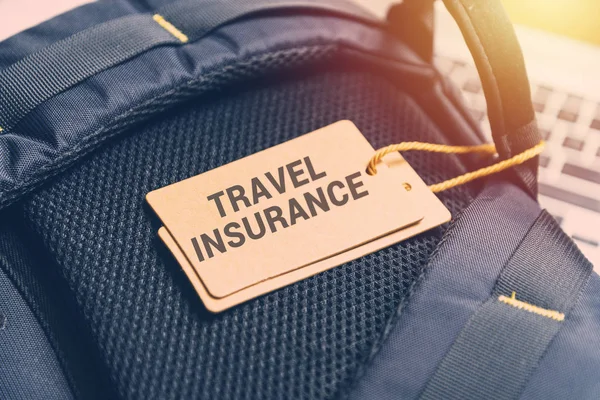
Travel insurance with trip cancellation benefits provides 100% protection for a wide range of unexpected events, ensuring that your travel expenses are safe if you need to cancel all or part of your trip. Think of it as your ‘get out of jail free’ card when life decides to mess with your vacation plans.
Whether you suddenly get sick, a family member has a medical emergency, or your employer demands you stay for a critical project, this coverage reimburses you for those non-refundable flight tickets and hotel bookings. The average traveler spends $326 on annual travel insurance, which is often much less than losing a $3,000 vacation entirely.
Emergency Medical Coverage

Your regular health insurance probably doesn’t work in Bali, and finding out the hard way can cost you tens of thousands of dollars. Most travel insurance policies offer coverage for emergency medical expenses, with higher-tier plans offering between $250,000 and $500,000 in coverage.
This isn’t just about getting a bandage for a scraped knee—we’re talking about serious stuff like food poisoning that lands you in the hospital or a skiing accident that requires surgery. Your U.S. health insurance policy almost never covers medical expenses incurred abroad, so this coverage can literally be a lifesaver.
Like Travel Pug’s content? Follow us on MSN.
Medical Evacuation Services

Here’s something most people never think about until it’s too late: what happens if you need serious medical care in a remote location? A medical air evacuation can cost between $25,000 to more than $250,000, and that’s not including the actual medical treatment.
Medical evacuation insurance covers the cost of getting you to the nearest adequate medical facility or even back home if needed. The national average for an emergency helicopter ride is about $40,000, and that’s just domestically—imagine the cost of a medical flight from rural Thailand back to the United States.
Baggage Delay Protection
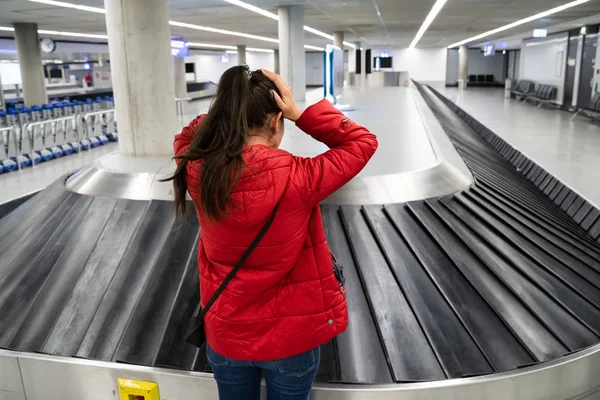
Airport baggage handlers aren’t exactly known for their gentle touch, and sometimes your suitcase just decides to explore Europe without you. Baggage delay coverage reimburses you for essential items like toiletries, change of clothes, and other necessities for each day you don’t have your belongings.
Most policies kick in after 12–24 hours, and you can get reimbursed for reasonable purchases like underwear, toothbrushes, and even phone chargers. Federal regulations require airlines to include up to $4,700 in baggage delay reimbursement, but airlines can be pretty stingy about what they consider ‘reasonable.’
Lost Baggage Reimbursement

When your luggage goes on a permanent vacation without you, baggage loss coverage steps in to help replace your belongings. For domestic flights, airlines’ maximum liability is typically $3,800 per passenger, while international flights are limited to approximately $1,700 per passenger under the Montreal Convention.
Travel insurance can provide additional coverage beyond these limits, and some policies cover specific high-value items that airlines typically exclude. This coverage becomes especially valuable if you’re traveling with expensive camera equipment, laptops, or designer clothing.
Like Travel Pug’s content? Follow us on MSN.
Trip Interruption Benefits

Sometimes you make it to your destination but then need to cut your trip short due to an emergency back home. Trip interruption coverage reimburses you for the unused portion of your trip plus any additional expenses to get home early.
This could include changing your flight to an expensive last-minute ticket or paying for extra hotel nights if you’re stuck somewhere due to travel disruptions. It’ like having a financial parachute when your vacation takes an unexpected nosedive.
Flight Delay Compensation

Most trip delay policies cover necessary expenses incurred during delays, with coverage generally including meals, lodging, toiletries, transportation, and other personal items. While airlines are supposed to provide some compensation for significant delays, they often fall short of covering all your actual expenses.
Generally, travel on a common carrier must be delayed by at least six hours before coverage kicks in, but once it does, you’re covered for those expensive airport meals and possibly even a hotel room if you’re stuck overnight.
Missed Connection Coverage
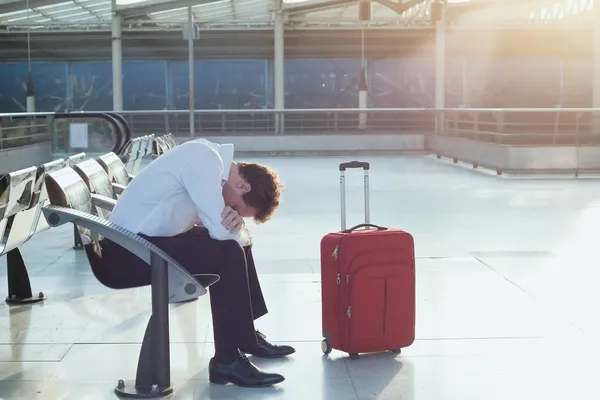
Missing a connecting flight can create a domino effect that ruins your entire itinerary, especially if you’re on a cruise or have pre-paid tours waiting for you. Missed connection coverage helps pay for additional transportation costs to catch up with your trip.
For example, if your flight is delayed a certain number of hours and causes you to miss the start of your cruise, missed trip connection benefits could help reimburse you for the costs necessary to join the cruise late. It’s like having a travel fairy godmother who helps you get back on track.
Like Travel Pug’s content? Follow us on MSN.
Cancel For Any Reason Coverage
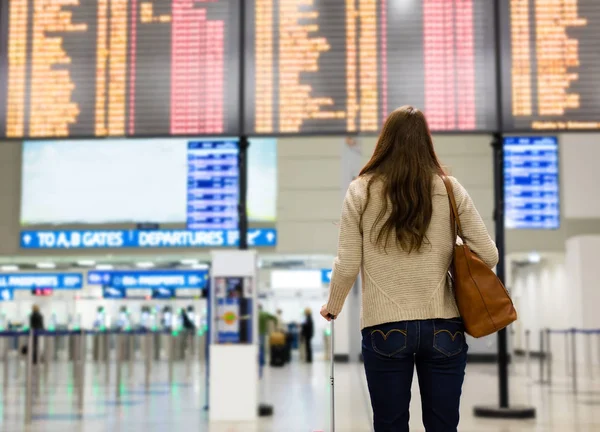
Cancel for Any Reason coverage allows you to cancel a trip for literally any reason whatsoever, though it typically covers only 75% of your penalty amounts and must be purchased within specific timeframes. This premium add-on is perfect for the perpetually anxious traveler or anyone dealing with uncertain situations.
Maybe you just don’t feel comfortable traveling anymore, or perhaps your gut tells you something’s not right—with CFAR coverage, you’re protected even when your reason doesn’t fit traditional policy categories. Some providers offer up to 80% coverage of non-refundable trip costs.
Pre-Existing Medical Condition Coverage

If you have diabetes, heart disease, or any other ongoing medical condition, regular travel insurance might not cover complications related to these conditions unless you meet specific requirements. Most insurers provide pre-existing condition waivers if you purchase your policy within 14–21 days of your first trip deposit and meet other qualifying criteria.
This coverage ensures that if your chronic condition flares up during your trip, you’re not stuck with massive medical bills in a foreign country.
Adventure Sports Protection

Planning to go bungee jumping in New Zealand or scuba diving in the Great Barrier Reef? Standard travel insurance often excludes coverage for ‘risky’ activities, leaving you vulnerable if something goes wrong. Some policies, like World Nomads’ Explorer plan, include coverage for cave diving, cliff jumping, heli-skiing, and many other activities that are considered risky.
This specialized coverage means you can pursue your adrenaline-fueled adventures without worrying about potential six-figure medical bills if things go sideways.
Like Travel Pug’s content? Follow us on MSN.
Travel Document Replacement
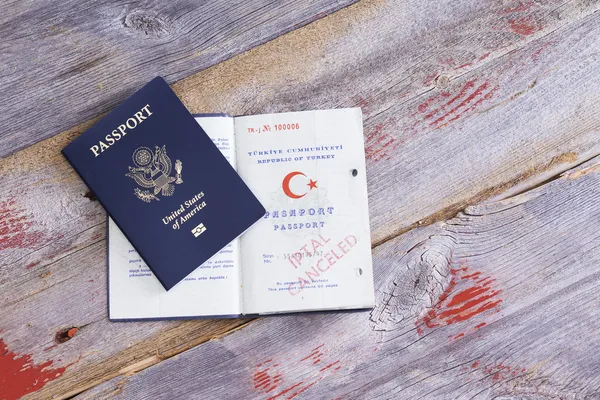
Losing your passport in a foreign country is like being trapped in a real-life escape room, except the stakes are much higher and there’s no helpful game master. Travel insurance can help cover the costs and logistics of replacing lost or stolen travel documents, including expedited processing fees and additional travel expenses while you wait for replacement documents.
Some policies also help coordinate with local authorities and your home country’s embassy to speed up the replacement process.
Rental Car Protection

Some travel insurance plans offer rental car protection as an upgrade or standalone plan, covering damage to your rental vehicle. This can save you from having to purchase expensive daily insurance from the rental car company, and it often provides broader coverage than the rental agency’s basic options.
If you accidentally scratch that convertible while navigating narrow European streets, this coverage has your back without requiring you to max out your credit card.
Hotel Default Protection

Imagine arriving at your destination only to discover that your hotel has gone out of business or is uninhabitable due to damage. Hotel default coverage protects you when your accommodations aren’t available due to the provider’s financial failure or other covered reasons.
This coverage typically reimburses you for additional accommodation costs at a comparable property, ensuring you’re not sleeping on park benches because your boutique hotel decided to close permanently.
Like Travel Pug’s content? Follow us on MSN.
Weather-Related Protections

Mother Nature doesn’t care about your vacation schedule, and severe weather can wreak havoc on travel plans. Weather-related coverage protects you when hurricanes, blizzards, or other natural disasters disrupt your trip. This might include trip delays due to weather, trip cancellation if your destination becomes uninhabitable, or additional expenses if you’re stuck somewhere due to weather-related transportation shutdowns.
It’s particularly valuable during hurricane season or when traveling to areas prone to natural disasters.
Business Travel Coverage

If you’re traveling for work, business travel coverage addresses unique risks like trip interruption due to work emergencies back home, coverage for business equipment and documents, and protection if a business meeting or conference gets cancelled.
Some policies also cover additional expenses if you need to extend your business trip due to work-related circumstances. This specialized coverage recognizes that business travel has different risks and needs than leisure travel.
Family Emergency Protection

Family emergency coverage kicks in when immediate family members face serious medical emergencies or other qualifying events while you’re traveling. This might cover the cost of returning home early if a parent is hospitalized, or additional expenses if a family member needs to join you due to an emergency.
Many plans include free coverage for children under 17 when an adult policy is purchased, providing family-wide protection that recognizes how interconnected our lives really are.
Like Travel Pug’s content? Follow us on MSN.
When Protection Meets Peace of Mind

The beauty of travel insurance isn’t just in the specific coverage—it’s in the peace of mind that comes from knowing you’re protected against the unexpected. With 24-hour customer service teams and U.S.-based support, many providers offer assistance that goes beyond just financial reimbursement.
They can help coordinate care during medical emergencies, assist with language barriers, and provide support when you’re dealing with stressful situations in unfamiliar places. In a world where travel has become increasingly unpredictable, having comprehensive insurance coverage isn’t just smart—it’s essential for any traveler who wants to focus on making memories instead of worrying about what might go wrong.
More from Travel Pug

- 20 Best Beach Towns in the Carolinas
- 13 Destinations Where Tourists Regularly Regret Their Trip
- 20 Things You Actually Get in First Class
- 20 Small Airports With Aviation Museums
- 20 Places in the U.S. That Are Perfect for a Reset Trip
Like Travel Pug’s content? Follow us on MSN.
